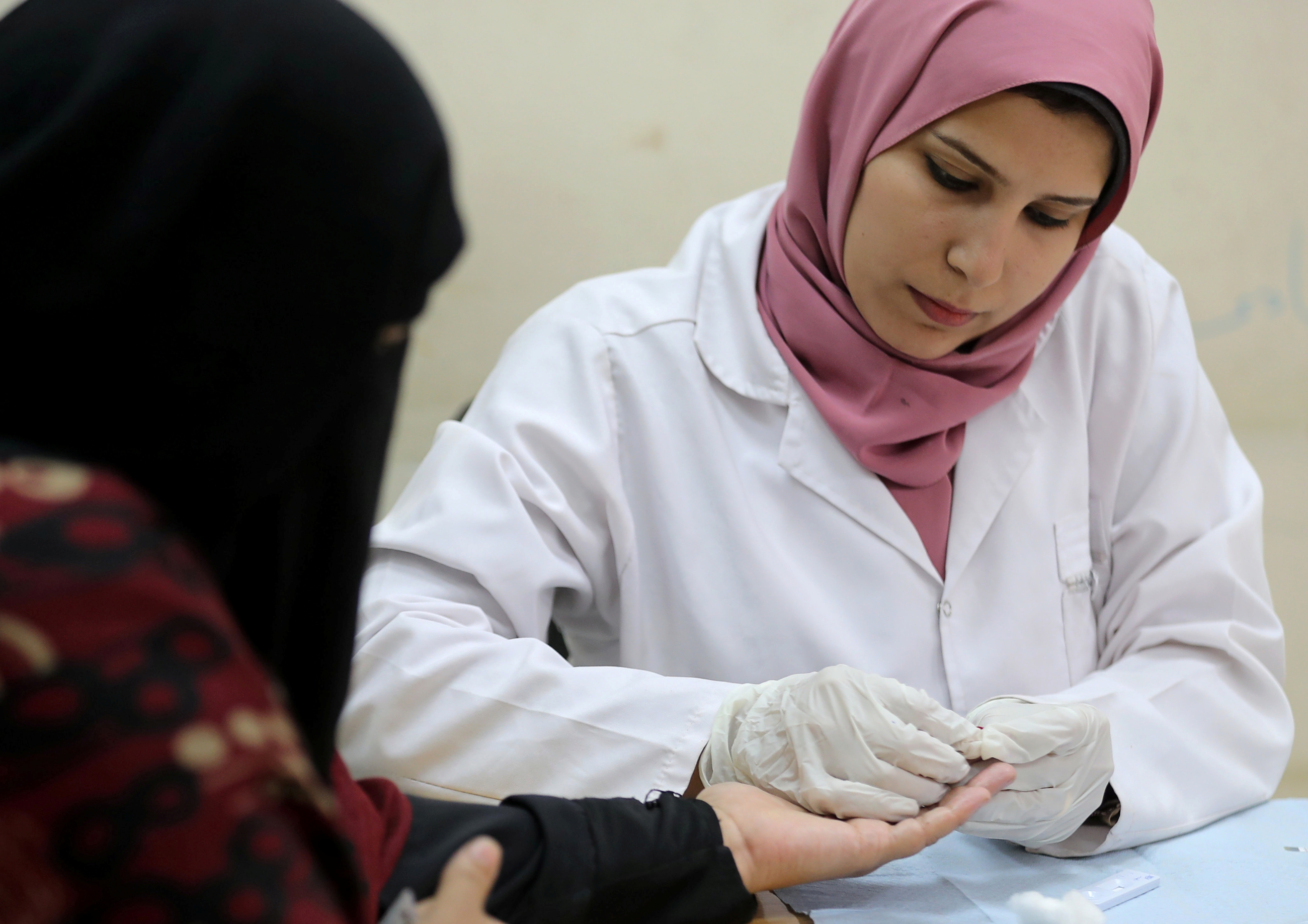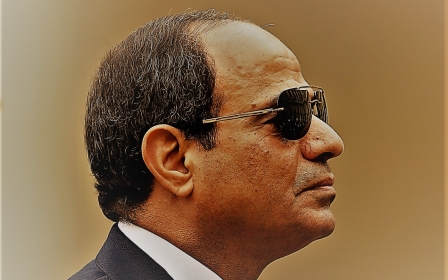Arabic press review: Dire conditions see Egyptian doctors resign en masse

Egypt: Mass resignations by doctors
Around 3,500 doctors in Egypt resigned in 2019, with the Egyptian Medical Syndicate warning that resignations may continue at the same pace, London-bases newspaper al-Araby al-Jadeed reports.
Syndicate official Mohamed Abdel Hamid said 2,600 doctors resigned during 2018, and 2,050 in 2017, in comparison.
Contributing to the trend, Abdel Hamid said, was the government’s expectation that doctors can suddenly be sent to fill positions in different parts of the country without a moment’s notice.
"There is no financial compensation for their transfer or assignment. Doctors get the same salary without any increase, and personally pay the costs of their transportation,” he said.
New MEE newsletter: Jerusalem Dispatch
Sign up to get the latest insights and analysis on Israel-Palestine, alongside Turkey Unpacked and other MEE newsletters
“This is what happened with three female doctors who personally rented a special microbus to transport them to the training place and then had an accident that led to their death."
Bahrain allows Qatari to see his children
A prominent Qatari entrepreneur is celebrating obtaining a visa to Bahrain so he can finally see his daughters, three years after the kingdom and its allies imposed a blockade on Qatar.
“Thank God, I obtained my visa to Bahrain,” Mohammed Hassan al-Jefairi said on Twitter, adding: “I will finally see my daughters after three years."
Jefairi also expressed special thanks to all those who helped him get the visa and reunite the family.
According to his website, Jefairi has authored “over 68 books, helped hundreds of people on the path to leadership, and he’s even invented an award-winning interactive robot”.
The Qatari’s tweet was met by sympathy and congratulations on social media, while others tweeted regret that the Gulf crisis had soured relations between “brothers”.
US journalist mistakenly arrested in Lebanon
Lebanese security forces wrongfully arrested an American journalist accused of reporting on Sunday’s protests for Haaretz but actually totally unconnected to the Israeli daily, the New Arab reports. He has now been released.
Haaretz posted a live feed from Downtown Beirut online, which it obtained from the Reuters news agency. However, despite Haaretz clearly displaying it was getting its footage from Reuters, rumours began circulating that an American journalist provided it.
Israel and Lebanon are enemy states.
"Following social media news about a person who had been live-streaming the events in Downtown Beirut for the Israeli Haaretz daily, a State Security patrol managed to track and locate the whereabouts, and suspected an individual who had filmed the same footage that appeared on the enemy's newspaper's page. He had then been brought in for questioning," a statement from the Lebanese security services said.
The journalist, identified by Lebanese authorities as Nicholas A., denied all charges, according to the New Arab.
In a statement Haartez said: “Haaretz clarifies that no journalist was reporting for the newspaper on the protests from Beirut, and it has no connection to the US citizen being held.
"The live video feed on Haaretz's Facebook account was an official Reuters video feed. Haaretz did not receive that video directly from anyone other than Reuters.”
Qatar mediating Kuwaiti-Iraqi talks
Kuwaiti Deputy Foreign Minister Khaled al-Jarallah recently received Iraqi Defence Minister Najah al-Shammari as part of Qatari-mediated meetings to calm tensions in the region, al-Khaleej Online website reports.
Jarallah said Kuwait hopes that efforts be made to address the situation in Iraq, Lebanon and Yemen, adding: "We insist on truce, dialogue and peaceful solutions to any differences or conflicts that could occur in the Arab world."
The minister said the Iraqi official’s visit also comes in the context of discussing the borders between the two countries, adding: "There are understandings between the Iraqi-Kuwaiti defence and security services."
Jarallah also stressed the importance of Qatar’s efforts to calm the situation in the region, saying: "The brothers in Qatar have indeed made prompt moves, and they are active through their relations and connections, which are always active and vital."
Middle East Eye delivers independent and unrivalled coverage and analysis of the Middle East, North Africa and beyond. To learn more about republishing this content and the associated fees, please fill out this form. More about MEE can be found here.




